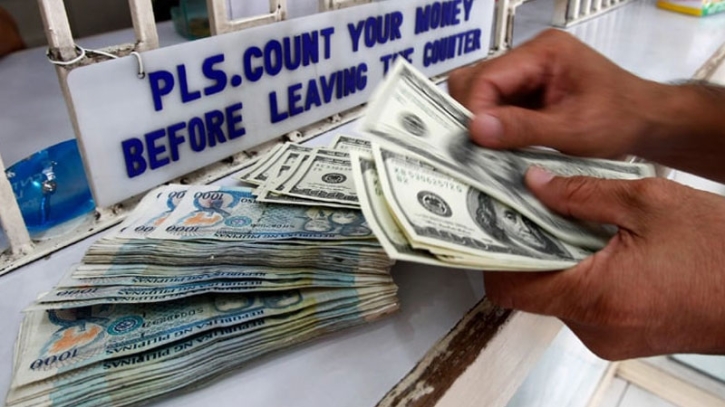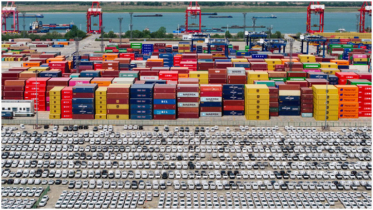Philippines economy grows 7.6% despite inflation threat

The Philippines' economic growth beat expectations in 2022, fuelled by strong consumer spending despite rising consumer prices, officials said Thursday.
Gross domestic product (GDP) expanded 7.6% in 2022, the state statistics agency said in a briefing, faster than the pandemic-blighted 5.7% output in the previous year.
The reading topped the government's target of 6.5-7.5% growth.
"There was so much pent-up demand... and that significantly improved economic activities," Socioeconomic Planning Secretary Arsenio Balisacan said in a briefing.
"We are confident that we will remain in our high growth trajectory," he added.
Growth in the last three months of the year also beat expectations, expanding 7.2% against a 6.6% median estimate in a Bloomberg survey of economists.
"The improvements in labour market conditions, increased tourism, revenge and holiday spending, and resumption of face-to-face classes supported growth in the quarter," Balisacan said.
Agricultural production, however, grew just half a percent last year, barely contributing to the overall output.
Consumer spending weathered rising inflation as pent-up demand to spend in restaurants and entertainment as well as more jobs fuelled domestic demand, Balisacan said.
"Clearly, if not for the high inflation and elevated prices during this period, growth could have been higher," Balisacan said.
Inflation hit 8.1% in December, the fastest in 14 years, prompting the central bank to aggressively raise interest rates. Inflation stood at 5.8% for the full year, above the bank's target.
Balisacan said keeping commodity prices in check and ensuring food security are at the top of government's priorities "as global and domestic headwinds persist".
Officials are aiming for growth of 6-7% in 2023 amid fears of a global economic slowdown.
"That is a very respectable growth for the Philippine economy if we achieve that."
.png)




